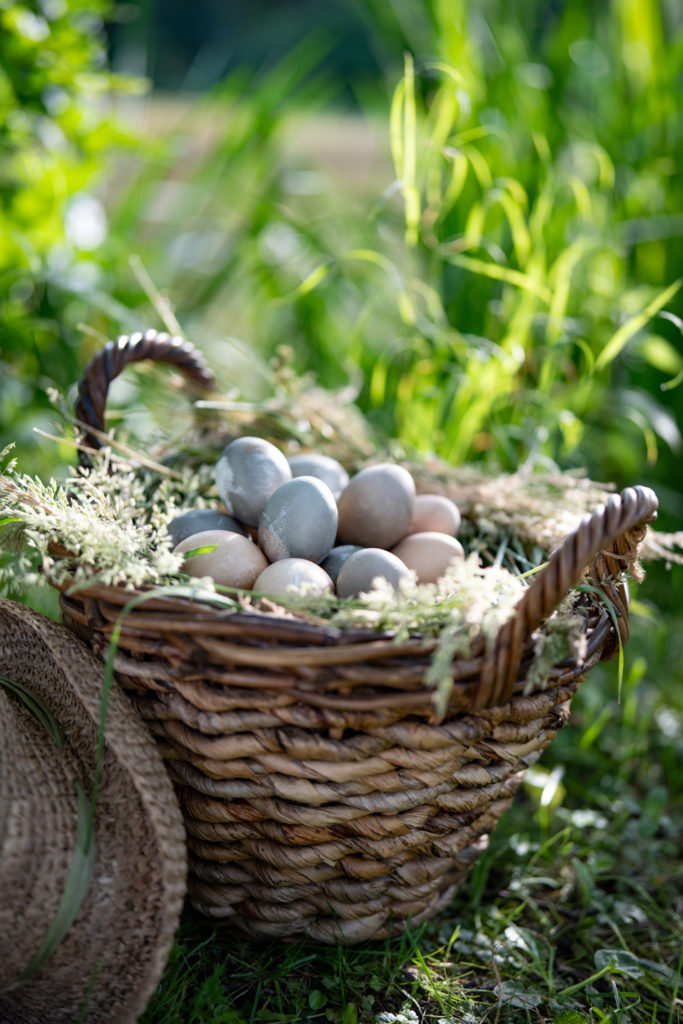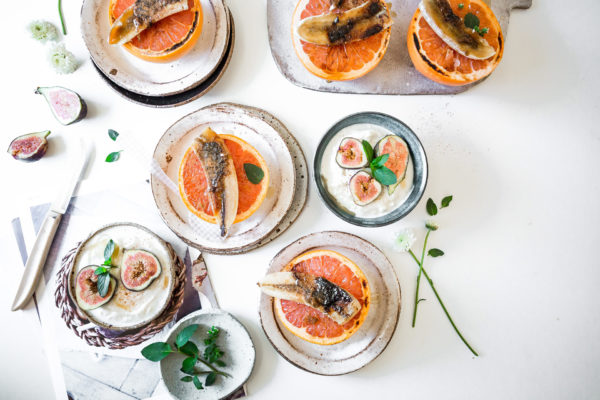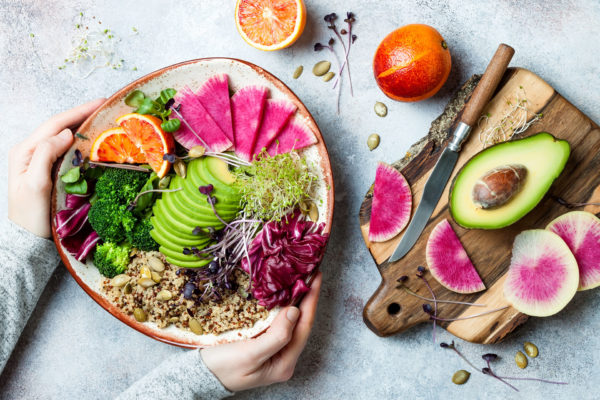Veganuary: Most Eco-Friendly Vegan Protein Sources
By
1 year ago
Good for you, and for the planet

Going vegan and looking for the proteins to prioritise? Going plant-based will automatically turn your diet greener – but not all vegan foods are created equally. While many of the worst offenders for carbon emissions are animal-derived products – beef, we’re looking at you – plant foods can be detrimental to the environment too. Read on for the eco-friendly vegan protein sources to add to your shopping basket.
Most Eco-Friendly Vegan Protein Sources
Nuts
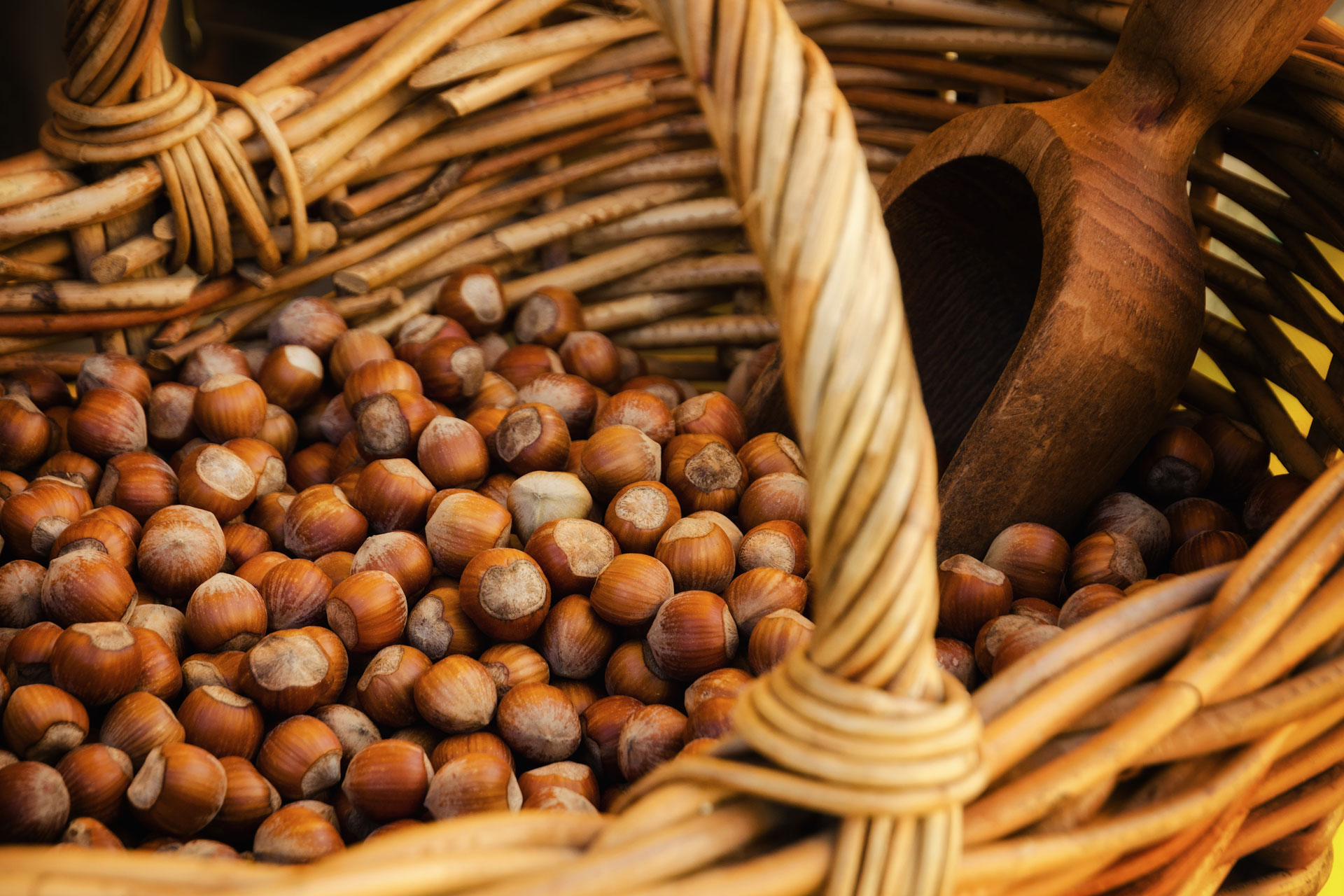
Getty Images
The perfect healthy mid-afternoon snack, nuts are a nutritional powerhouse, packed with protein, minerals and good fats. Yet when it comes to environmental and ethical issues, certain varieties rank much higher than others. Some nuts, such as almonds and walnuts, are very water-intensive, while it’s been reported that many people working in the cashew nut industry suffer from very poor conditions. Peanuts, on the other hand, are a naturally sustainable crop, which can reduce soil erosion when planted in rotation with other crops. Hazelnuts, too, require little water and can thrive in harsh soils where other plants would fail. Did someone say Nutella?
Chickpeas
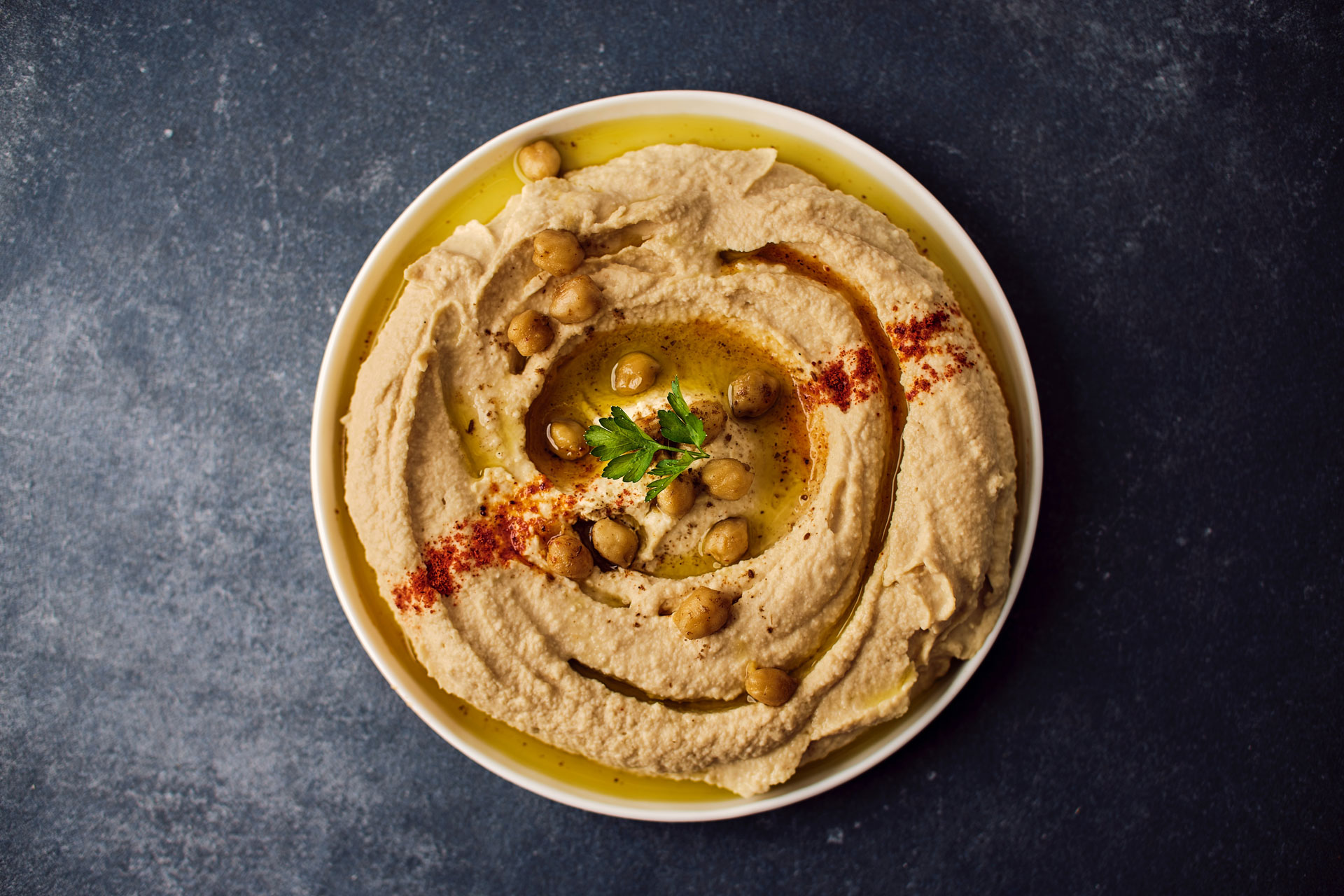
Hummus obsessive? You’re in luck. The key ingredient used to make it, chickpeas, are a great source of eco-friendly vegan protein. Unlike corn or wheat, these pulses require less nitrogen fertilisers because they create their own fertilisation by absorbing nitrogen from the air into the soil. They then leave behind essential nutrients, which benefits soil health. Whizz them up in a blender with olive oil and tahini to create your own hummus, or simply roast with some spices for a healthy and tasty snack.
Peas
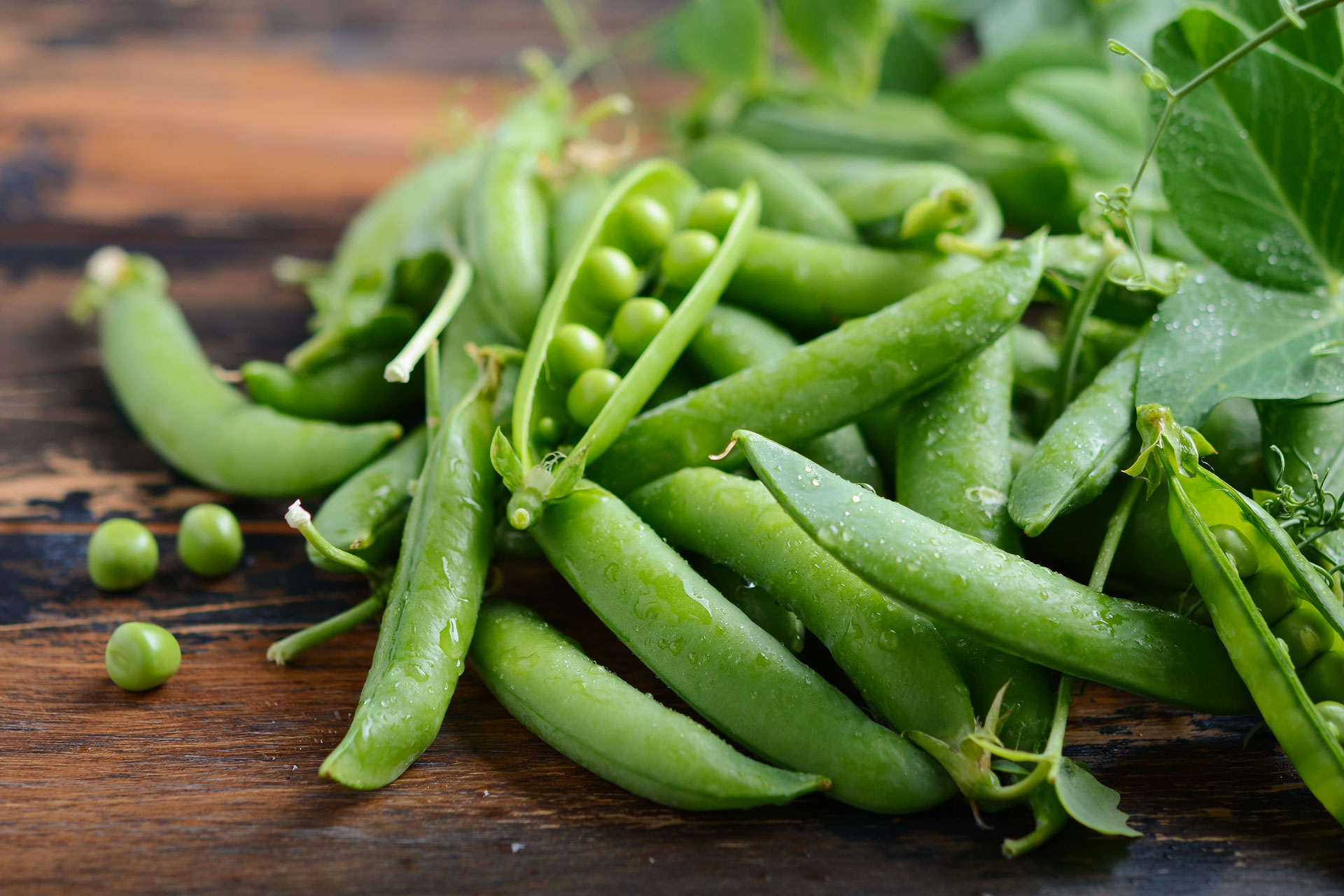
Getty Images
The humble pea may not be the most exciting ingredient, but from a sustainability standpoint it’s a top-class legume. Growing peas requires less water than the likes of wheat and corn, plus they are drought tolerant and make an ideal candidate for crop rotation. Pea protein is also big news right now, offering a vegan alternative to whey. Made by extracting dried and ground yellow split peas, it’s being used in everything from protein powders to veggie burgers. Its production is relatively sustainable, with no significant damage to soil, air or water as long as pesticides haven’t been used.
Lentils
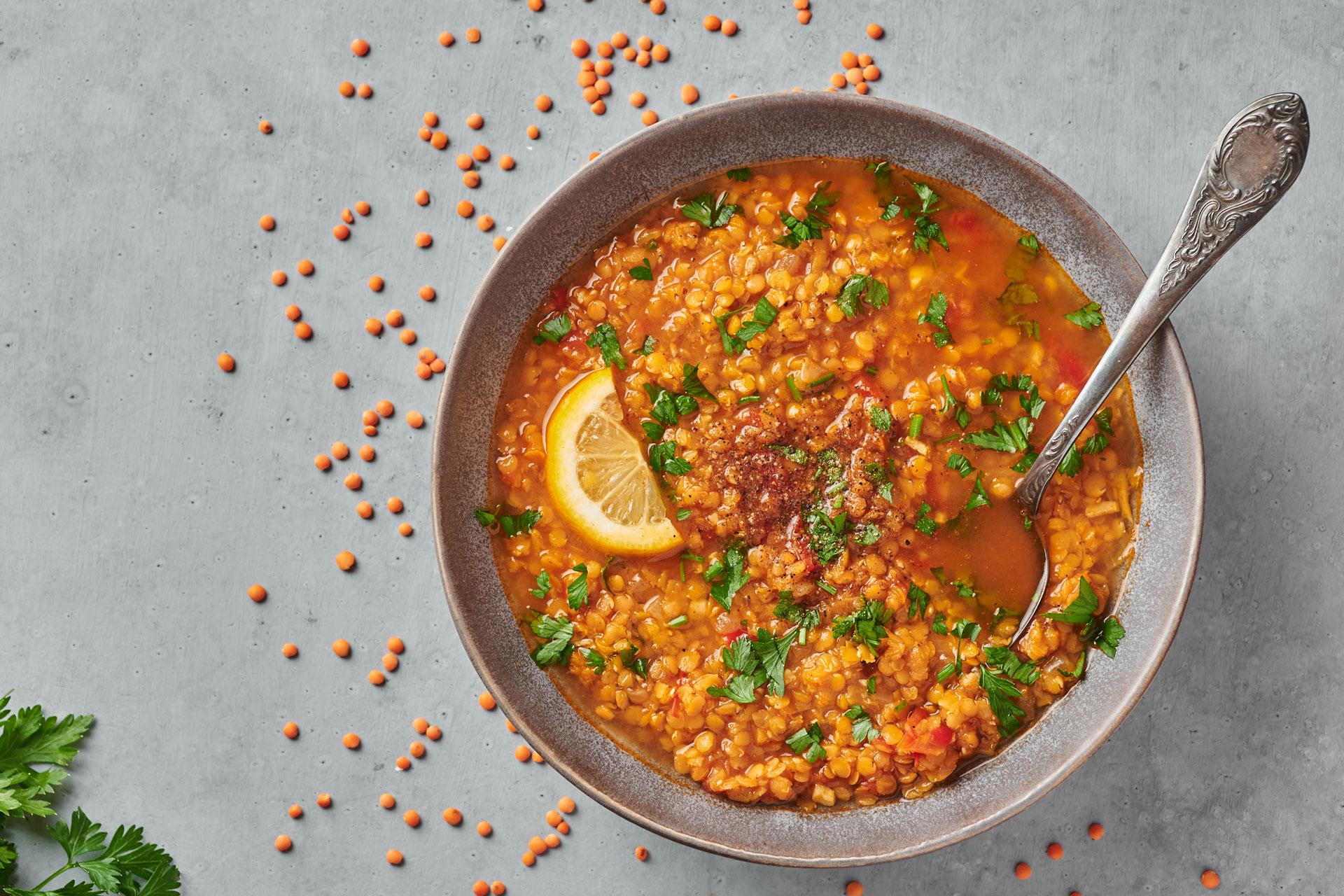
Getty Images
A high-protein legume, lentils are not only great for our bodies, they’re kind to the planet. Their carbon emissions are 40 times lower than lamb as they are highly water efficient, plus growing them improves soil fertility. Why not use them to create a hearty dahl or as a meat substitute in a Bolognese?
Beans
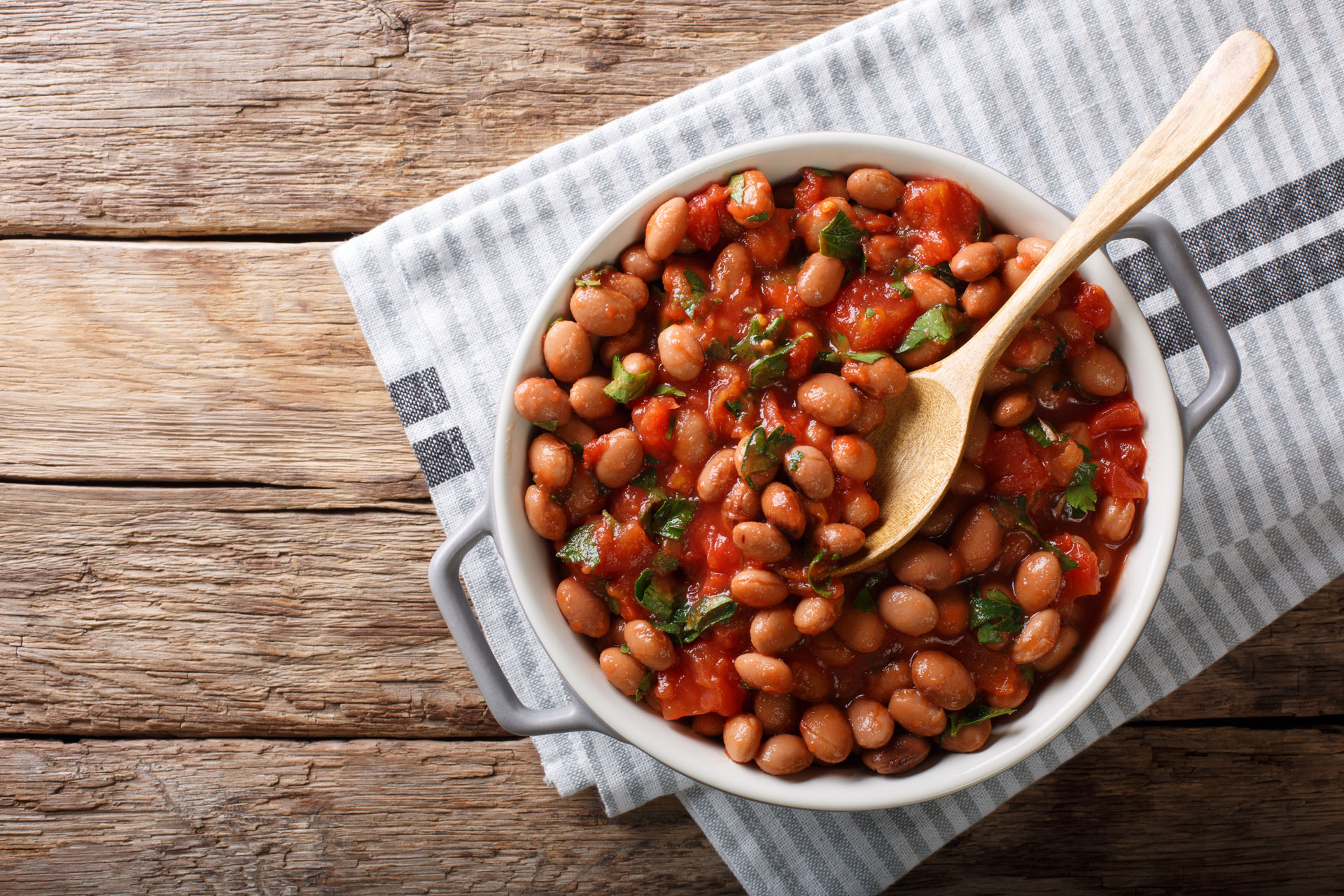
Getty Images
High in protein, cheap and endlessly versatile, beans are a staple in many a vegan diet – and they’re also a sustainable option. From black-eyed to pinto, all beans are highly water efficient and have the ability to replenish the soil they’re planted in. They also tend to be packaged in recyclable cans. Stir them into spicy chillies, sprinkle them into salads or serve them on top of your avocado on toast.

